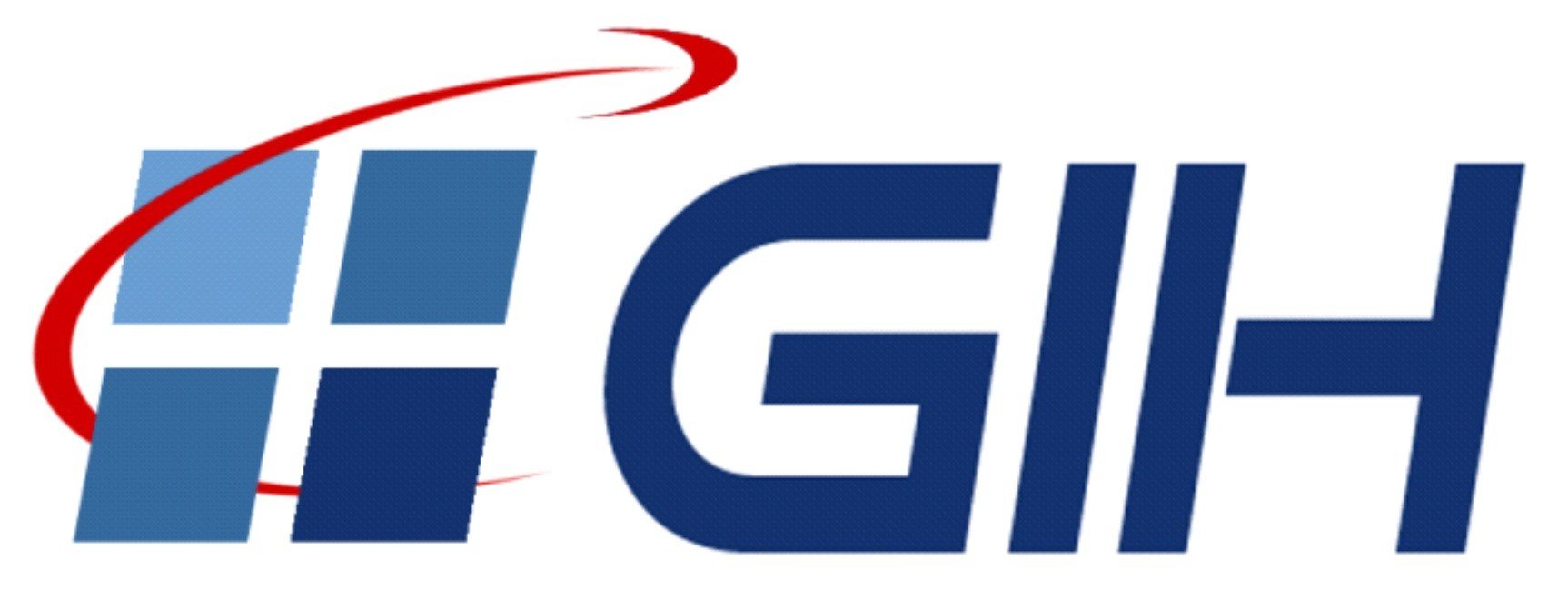On the impact of correlations on the congruence test: a bootstrap approach
Case study: B-spline surface fitting from TLS observations
- verfasst von
- Gaël Kermarrec , Boris Kargoll, Hamza Alkhatib
- Abstract
The detection of deformation is one of the major tasks in surveying engineering. It is meaningful only if the statistical significance of the distortions is correctly investigated, which often underlies a parametric modelization of the object under consideration. So-called regression B-spline approximation can be performed for point clouds of terrestrial laser scanners, allowing the setting of a specific congruence test based on the B-spline surfaces. Such tests are known to be strongly influenced by the underlying stochastic model chosen for the observation errors. The latter has to be correctly specified, which includes accounting for heteroscedasticity and correlations. In this contribution, we justify and make use of a parametric correlation model called the Matérn model to approximate the variance covariance matrix (VCM) of the residuals by performing their empirical mode decomposition. The VCM obtained is integrated into the computation of the congruence test statistics for a more trustworthy test decision. Using a real case study, we estimate the distribution of the test statistics with a bootstrap approach, where no parametric assumptions are made about the underlying population that generated the random sample. This procedure allows us to assess the impact of neglecting correlations on the critical value of the congruence test, highlighting their importance.
- Organisationseinheit(en)
-
Geodätisches Institut
- Externe Organisation(en)
-
Hochschule Anhalt
- Typ
- Artikel
- Journal
- Acta Geodaetica et Geophysica
- Band
- 55
- Seiten
- 495-513
- Anzahl der Seiten
- 19
- ISSN
- 2213-5812
- Publikationsdatum
- 09.2020
- Publikationsstatus
- Veröffentlicht
- Peer-reviewed
- Ja
- ASJC Scopus Sachgebiete
- Geologie, Geophysik, Bauwesen
- Elektronische Version(en)
-
https://doi.org/10.1007/s40328-020-00302-8 (Zugang:
Offen)
https://doi.org/10.1007/s40328-020-00318-0 (Zugang: Offen)






